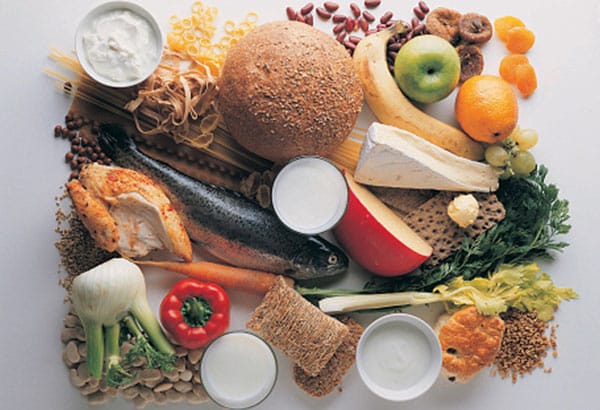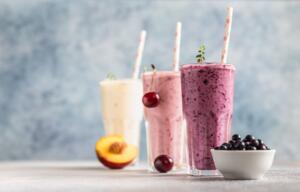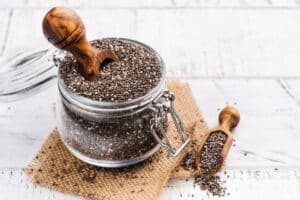In my last article, I discussed how you should be aware of the quality of the calories you are putting into your body rather than calorie counting. When it comes to food, it’s quality over quantity to stay healthy. With the simple tips below, you’ll quickly say goodbye to calorie counting!
Nutrient void pretzels spike your blood sugar, wreak havoc on your hunger and cravings and convert to fat quickly in your body, while avocados fill you up, give you sustained energy without an insulin surge and supply your body with the necessary nutrients it needs to maintain a healthy heart and arteries.
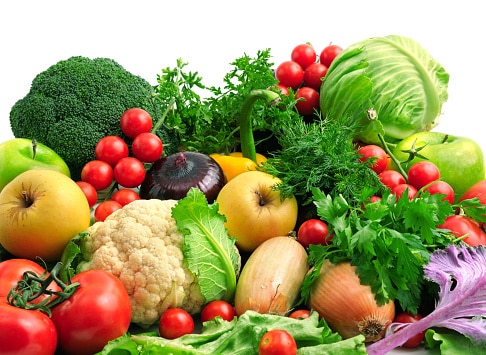
The caveat of course is consuming whole foods* in the right proportions. This is where calories count. Too many calories, even from whole foods, will be stored as fat. So, don’t think satisfying your hunger exclusively with calorie dense nuts or a plate full of butter laden, baby potatoes and grass-fed steak will have you staving off heart disease – the #1 killer of women over 50 each year. Nor will it help you trim down. To manage your weight and provide your body with the necessary nutrients it needs to age well, you need to abide by the following guidelines:
- Non-starchy veggies MUST make up the volume (50-70%) of your meals. If you aren’t eating your veggies in large quantities, start here. It is the single most important step to implement to improve your health.
- Each meal should include a lean protein source (beans, lentils, fish, seafood, low or no fat dairy, eggs or some poultry). Depending on your size and age, 20-30 grams a meal is appropriate.
- Each meal should contain a healthy form of fat from nuts, seeds, avocado or plant based, unrefined oils. (2 teaspoons of olive oil, ¼ of an avocado or a small handful of nuts is a serving size. 3-6 servings a day is ample.)
- Grains should be eaten in their intact form, preferably for breakfast and lunch – not dinner. ½ a cup of a cooked grain is a serving. 1-2 servings/day depending on your age, level of activity and weight goals. (**see below)
- Enjoy 1 or 2 servings of fruit each day, but don’t count them toward your veggie target. Love your berries.
- Dinner should remain veggies and protein – see above
- The majority of your calories should be eaten before 4PM.
Eat until you are fully satisfied – NOT until you are full.
Stay active throughout the day – Prolonged sitting kills and often negates our morning workouts.
* “Whole foods” – that is, foods that are as close to their natural form as possible.
**Please note: Our bodies use either sugar (from healthy or unhealthy carbs) or fat as energy/fuel. If you eat both in large quantities, you will easily overflow your fuel tank (calorie needs) and store those extra calories as fat. If you’re looking to lose weight and are insulin resistant, studies show that reducing your carb intake and increasing your fat intake to improve insulin resistance will help you lose weight. Once you become more insulin sensitive, adding more healthy carbs back into your diet and reducing your fat intake will result in greater weight loss.
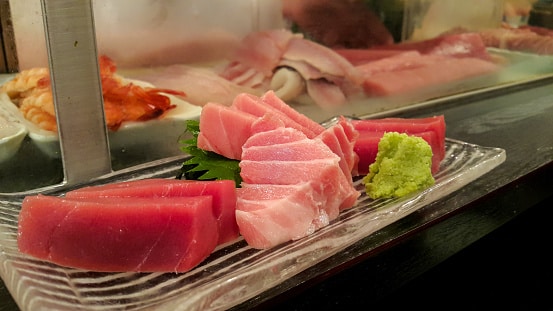
Here are simple tips to help you upgrade your diet, shrink your waistline and transform your health while saying goodbye to calorie counting:
- Swap the banana walnut bread for a handful of walnuts and a banana.
- Trade in the fruit yogurt for an unsweetened, plain variety topped with fiber-rich fruit.
- Put away the breakfast/protein/energy bars, and pile on the beans and lentils.
- Abandon the green juice for a salad loaded with veggies.
- Forgo wheat, white or multi-grain bread for a non-floured, sprouted variety such as Ezekiel or Columbia Country Bread. Use “eatright” at checkout to redeem your discount.
- Replace your bowl of Cheerios with a serving of steel cut oats.
- Exchange the white rice sushi for a bed of greens and sashimi.
- Ditch the chicken noodle soup for a vegetable barley or lentil/bean variety.
- Lose the pasta for steamed zucchini noodles.
- Throw out the pretzels and popcorn, and stock up on veggies and hummus.
- Substitute the diet soda and artificial sweetened drinks for plain coffee, tea or fruit infused water – bubbly or flat.
The benefits of eating whole, plant-based foods are endless. Here are just a few:
- You don’t have to count calories.
- You don’t have to shun an entire food group of delicious and nutrient dense foods. (i.e. carbs)
- You shouldn’t have to worry about vitamin and mineral requirements, unless you’re vegan.
- You can reduce your risk for chronic disease by as much as 80%, and some experts say 90%.
- You can lower your cholesterol, blood sugar and blood pressure without medication.
- You’ll shrink your waistline and your carbon footprint – helping to protect the environment for future generations.
This article is for informational purposes only. It is not intended to diagnose, treat, cure or prevent any disease, and is not a substitute for medical advice.

